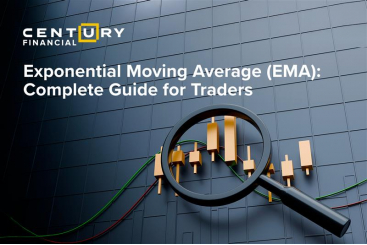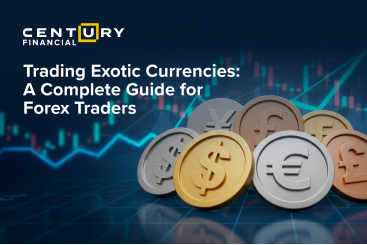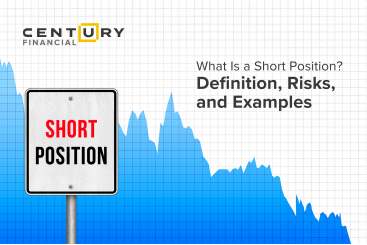Friday, September 15, 2023
5 differences between value investing and growth investing
By Century Financial in 'Blog'


Synopsis:
The article differentiates between value investing (targeting undervalued, stable stocks) and growth investing (seeking high-potential, volatile stocks). The best approach varies based on an investor's preferences and risk tolerance
Investing in the stock market is considered a great way to build wealth over the long term. However, choosing an investment strategy can take time and effort.
Investors looking to grow their wealth primarily have two key strategies: value investing and growth investing. Both approaches aim to maximise returns, but they differ in their methodologies.
Distinct characteristics help classify stocks as growth stocks or value stocks. The article explores what is value investing and growth investing, as well as how they differ.
What is value investing?
Value investing can be seen as similar to finding a hidden gem in a thrift store.
Value investing is a strategy that involves buying stocks that are undervalued by the market. Value investors look for companies with solid fundamentals, such as earnings, dividends, assets, and cash flow, but trading at a lower price than their intrinsic value.


What is growth investing?
Growth investing can be similar to buying the latest iPhone at a premium, as the buyer believes it will be worth it in the long run.
Growth investing is a strategy that involves buying stocks that have high growth potential. Growth investors believe the market will reward them with higher stock prices as the companies increase their revenues, earnings, and market share. Growth investors are optimistic and willing to pay a premium for the prospects of their investments.
How does value investing differ from growth investing?
There are many ways in which value investing and growth investing differ, but here are five of the most important ones:



















Parting thoughts
Value and growth investing are two distinct approaches to investing in the stock market. Value investors prioritise undervalued stocks with a proven track record, while growth investors focus on companies with high growth potential.
There is no definitive answer to which strategy is right for an investor, as it depends on their personal preferences, goals, risk tolerance, and time horizon.
Start your investing journey with us.
This marketing and educational content has been created by Century Financial Consultancy LLC (“Century”) for general information only. It does not constitute investment, legal, tax, or other professional advice, nor does it constitute a recommendation, offer, or solicitation to buy or sell any financial instrument. The material does not take into account your investment objectives, financial situation, or particular needs.
The opinions expressed by the hosts, speakers, or guests are their own and may change without notice. Information is based on sources we consider to be reliable; however, Century does not guarantee its accuracy, completeness, or timeliness and accepts no liability for any loss arising from reliance on this content.
Trading and investing involve significant risk, and losses may exceed initial deposits. Past performance is not indicative of future results. CFDs and other leveraged products are complex instruments that may not be suitable for all investors. Please ensure you understand how these products work, the associated risks, and seek independent professional advice if necessary.
Century is licensed and regulated by the UAE Capital Market Authority (CMA) under License Nos. 20200000028 and 301044.
Please refer to the full risk disclosure mentioned on our website.




__1439480927.jpg)




.png)
.png)
.png)
.png)


